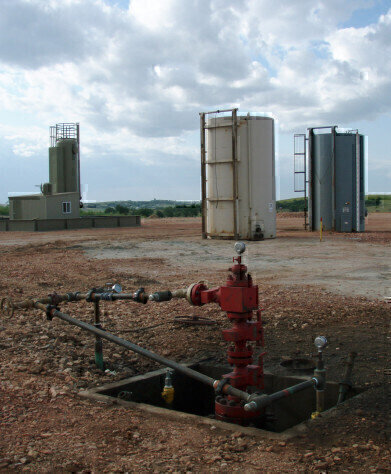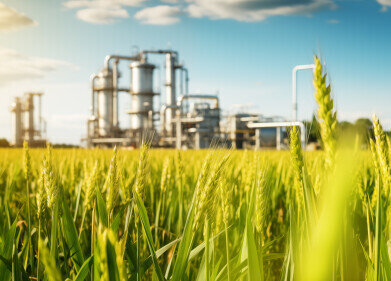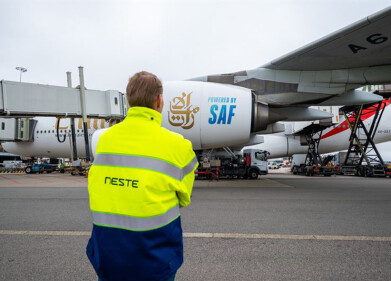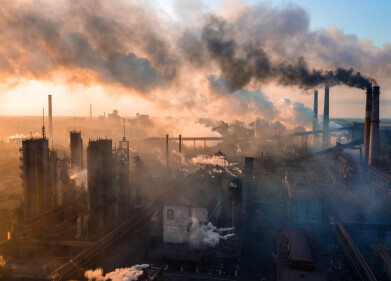Fuel for Thought
Fracking vs Coal - Analysing the Differences
May 20 2014
In the USA, around 30% of all energy produced comes from natural gas, whilst roughly a third of this is now obtained by fracking. In comparison, 41% of energy comes from coal burning – a practice deemed by many to be much more harmful to the environment. Indeed, President Obama himself recently endorsed fracking as a ‘bridge’ method to more sustainable, cleaner forms of energy. But what exactly are the differences between the two methods of obtaining energy?
Worksite Obtrusiveness
For coal mining, an extensive worksite is needed, complete with a large amount of equipment and mountains of waste which can not only be eyesores to the landscape, but also cost a hefty amount. Similarly, coal shafts can be up to ten feet across, entailing much labour and resources.
Contrastingly, fracking requires two or three months of drilling to put the systems in place, but the shaft employed in doing so needn’t be wider than a mere six inches in diameter. Once the shafts have been furrowed, the well-head is very diminutive and unobtrusive, especially in comparison to a coal mine, making less of an impact on the scenery and on the economy.
Working Conditions
Coal miners are forced to spend many hours every day of their lives toiling away in dimly-lit coal-pits. The work is arduous and the conditions appalling; the men are exposed to all sorts of harmful gases and can easily contract debilitating lung diseases as a result of their prolonged exposure. Furthermore, the accident rate underground in a mine shaft has historically been fairly alarming; and way down there, help is hardly readily available.
Those involved in fracking, on the other hand, work above ground. This eliminates the intake of harmful gases and greatly reduces the risk of accident. Moreover, if an accident does occur, it is much easier to provide assistance in the open air than it is below ground level.
Carbon Emissions
Once the fracking process is complete and the gas has been extracted, burning shale gas releases significantly less carbon dioxide than burning coal - about 50% less, in fact. In the years since fracking has become commonplace in the USA, carbon emissions have fallen significantly. This is obviously better for the environment and for decreasing climate change.
It shouldn’t be forgotten that fracking may also release amounts of methane into the atmosphere, which is in itself a harmful greenhouse gas. It is generally agreed that this drawback is heavily outweighed by the advantages fracking offers, however.
Pollution of Water Supplies
One of the chief accusations levelled at fracking – and of the fears about its inception in the United Kingdom – is that the cocktail of chemical toxins released into the shale in order to kill any latent bacteria may find its way into the local water supply. Similar fears were voiced about coal mining, due to the necessity of drilling through the water level and jeopardising the cleanliness of the water supply.
However, fracking enthusiast Chris Faulkner, who is CEO of the Breitling Energy Corporation, has done his best to refute such fears as groundless. Indeed, fracking has been fairly prevalent in the United States for many years now, and there appears to be little or no evidence that the process has contaminated water supplies there.
Induced Seismicity
Induced seismicity is the level of earthquake activity brought about by human means. Though fracking has been linked to minor tremors in the UK and overseas, the evidence suggests that such tremors are far less serious than those caused by coal mining.
Digital Edition
PIN 25.1 Feb/March
March 2024
In This Edition Safety - The technology behind the ION Science Tiger XT - Safety with ammonia and LOHCs as hydrogen carriers Analytical Instrumentation - Discussion on new tribology te...
View all digital editions
Events
Apr 28 2024 Montreal, Quebec, Canada
Apr 30 2024 Birmingham, UK
May 03 2024 Seoul, South Korea
May 05 2024 Seville, Spain
May 06 2024 Riyadh, Saudi Arabia


















